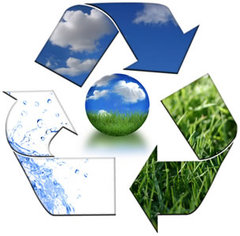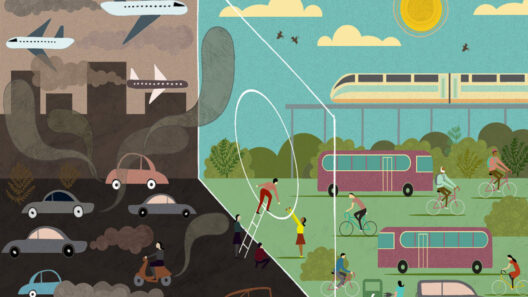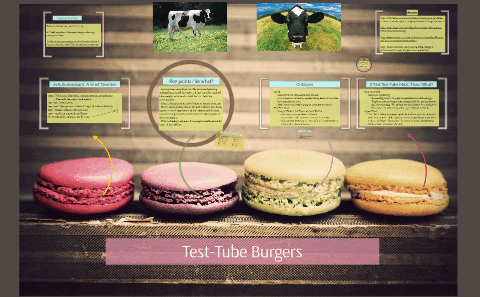Global warming is a monumental challenge that looms over our planet, affecting ecosystems, weather patterns, and biodiversity. It often leads us to ponder: what can each individual do to contribute to the greater good? Can one person’s efforts genuinely impact a crisis of this magnitude? The delightful paradox is that every small action counts, and when multiplied across millions of individuals, these actions can catalyze substantial change. So, are you ready to embark on a journey of collective responsibility?
To understand how we can be part of the solution, we must first comprehend the mechanism of global warming. At its essence, the phenomenon arises from an excess of greenhouse gases (GHGs) in the atmosphere, primarily carbon dioxide (CO2), methane (CH4), and nitrous oxide (N2O). These gases trap heat from the sun and cause global temperatures to rise, leading to alarming changes in climate. Therefore, our goal should default to reducing these emissions, and in doing so, strive for innovative, effective solutions.
The first and perhaps the most impactful area where individuals can contribute is through energy consumption. The literal backbone of our daily lives, energy usage dictates our carbon footprint. Transitioning to renewable energy sources is an empowering step. Homeowners can consider installing solar panels, while renters might advocate for renewable energy programs provided by their utilities. But here’s a playful challenge: what if you devoted one month to reducing energy consumption? Simple actions like turning off lights when leaving a room or unplugging devices when not in use could lead to significant savings — both financially and for the environment.
Transportation presents another significant opportunity for change. The emissions from vehicles are a major contributor to GHGs. Daring to alter daily commuting habits can have a profound effect. Embracing public transportation, biking, or even carpooling can drastically lower emissions. Can you imagine a month where you opt for public transport over car travel? The challenge runs deeper than mere convenience; it prompts re-examination of our dependency on fossil fuels.
Adopting a sustainable lifestyle goes beyond energy efficiency and transportation. Food production is a leading contributor to climate change, responsible for approximately one-quarter of GHG emissions. The challenge here is intricate: can you commit to reducing meat consumption? Incorporating more plant-based meals into your diet could yield extraordinary benefits not only for the environment but also for health. Consider starting with “Meatless Mondays” — a small step that could ignite a broader engagement with sustainability.
Waste management is another crucial aspect. The staggering volume of waste we generate contributes significantly to pollution and emissions. A playful but effective challenge would be to conduct a week-long waste audit. What items do you throw away most frequently? Are there opportunities to recycle or compost? Responsible waste management can stretch beyond the home by participating in community clean-ups or advocating for better waste processing policies. Every individual effort magnifies, creating a ripple effect that inspires others.
Another avenue lies in conservation. Nature is a wonder, yet it is suffering from human-induced stressors. In this regard, educating oneself about local ecosystems and their conservation can be transformative. Whether it’s volunteering at local wildlife reserves or simply adopting environmentally friendly gardening practices, your contribution enhances biodiversity and supports the delicate balance of nature. Could you make it a weekly ritual to donate a few hours to preserving your local environment?
Fundamentally, the economic dimension of climate solutions is seldom emphasized. Sustainable practices can lead to innovative business opportunities. Supporting local, green businesses promotes an economy built on sustainability. There’s merit in examining where your dollars go; do they support environmentally conscious practices? Perhaps the challenge here is to commit to sourcing a certain percentage of your purchases from local businesses that prioritize sustainability over profit. This not only reinforces the local economy but also nurtures community ties.
Education plays an invaluable role in combating global warming, optimizing our efforts and fostering an informed community. Generate conversations about the matter, share resources, and learn from others. Could you organize a monthly discussion group focusing on sustainability issues? Knowledge dissemination catalyzes change, as informed citizens are empowered to make decisions informed by the facts of climate science.
Advocacy is the ultimate megaphone for environmental issues. Lobby for stronger climate policies, engage with local representatives, and participate in campaigns that seek to address climate change systematically. Could a grassroots campaign within your neighborhood lead to effective policy changes at the local government level? Remember that persistence combined with collective action has historically spurred transformative shifts in societal norms and practices.
Every decision we make holds significance. By adopting practices that prioritize sustainability, we contribute shapes a healthier planet. While the enormity of global warming can seem paralyzing, the cumulative impact of individual efforts can overwhelm you — in a positive sense. The chosen challenges – be it reducing meat consumption, using renewable energy, or community engagement – all hinge on one undeniable fact: every action counts. Every choice creates a ripple effect, perpetuating the momentum toward a healthier planet.
As we engage with these solutions, it becomes imperative to remember that the fight against global warming is not isolationist; the journey towards mythologizing our relationship with the planet is collective. Now, are you ready to take part in this global confrontation? The challenge lies before you, beckoning you to contribute, engage, and inspire. Together, we can forge a path towards a sustainable and equitable future for all.







